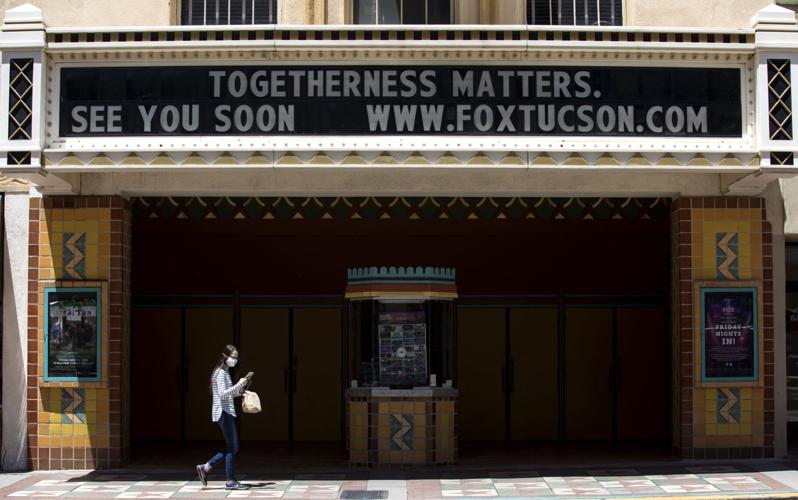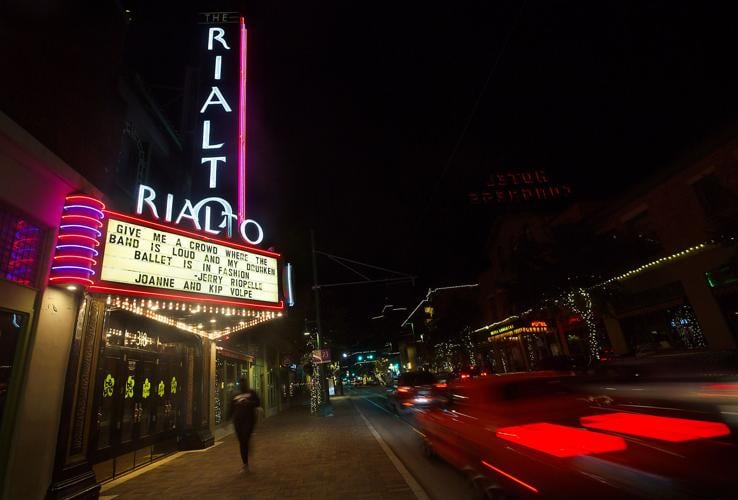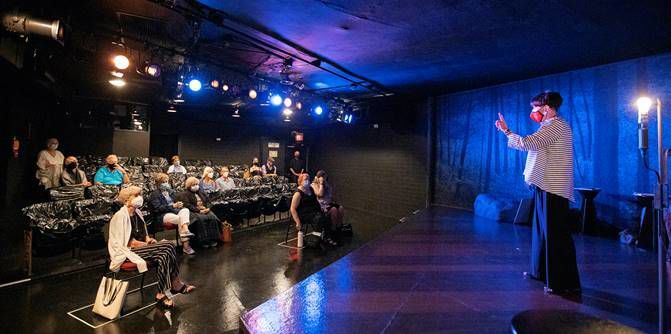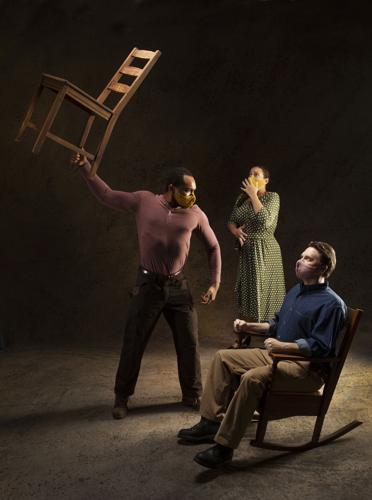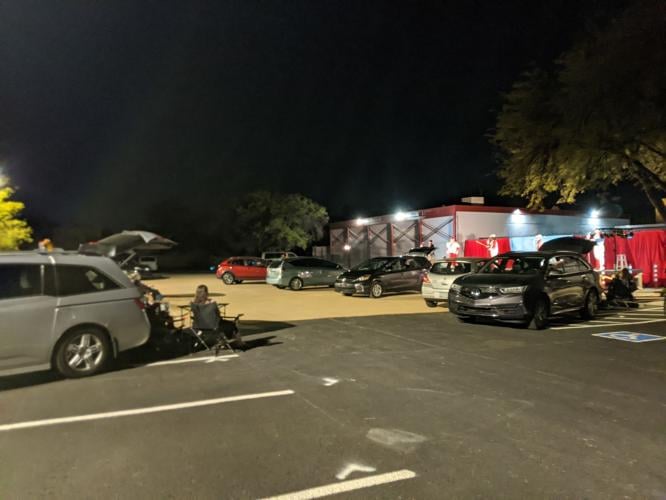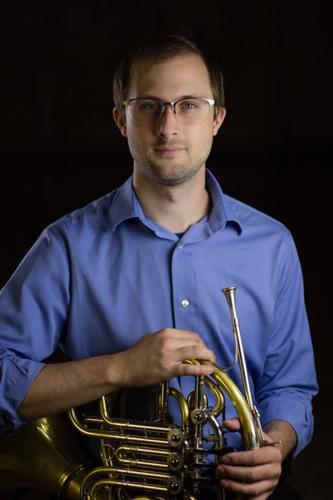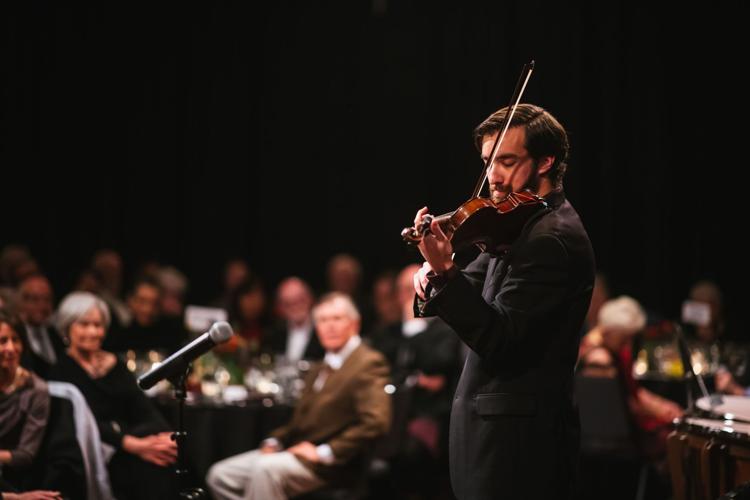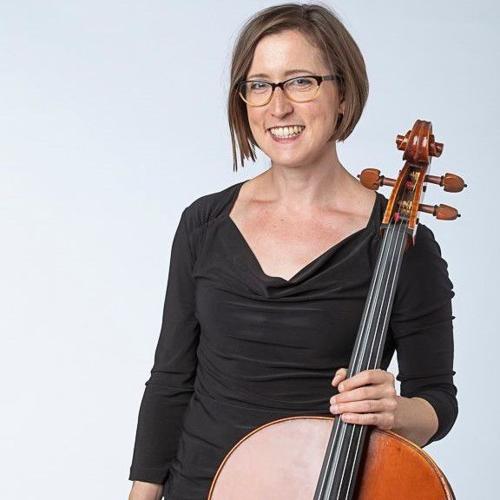Live entertainment is still a rarity in Tucson a year into the COVID-19 pandemic.
With very few exceptions, stages remain dark; Hotel Congress is the lone venue downtown hosting live events, with small concerts held on the patio for limited audiences. Fox Tucson Theatre hopes to reopen in the fall, and the Rialto Theatre is shooting for late summer, providing that health circumstances allow.
They are holding live events at Monterey Court in midtown Tucson and the east side venue Encore, but the stages at Desert Diamond Casino and Casino del Sol’s AVA are still quiet as the two entertainment hubs wait for the time when it’s safe enough to bring hundreds — and, in the case of the 5,000-capacity AVA, thousands — of people together.
But with vaccines ramping up in Tucson and statewide, some venue operators are finally seeing daylight after a year of darkness.
“There’s absolutely a light” at the end of the tunnel, Fox Tucson Executive Director Bonnie Schock said. “I can almost say I feel confident, and certainly the most hopeful that I’ve felt since all of this began that there’s a path forward. It’s clear that there is eagerness and enthusiasm from the community to get things back up and going.”
The Fox, which was the first downtown venue to hit pause last March, hosted a handful of virtual events last spring and into the early summer to engage audiences, but it has been largely inactive for months.
Rialto Theatre has been dark since it closed last spring. The historic venue at 318 E. Congress St. has used its neon marquee as a fundraising tool, allowing residents to post special messages for a fee to bring in some revenue.
Although venues remain dark, that has not stopped the music or theater from going on.
Creatively connecting virtually and on stage
Tucson theaters are used to being creative, but creative around COVID-19 is a different challenge.
What to do when you can’t pack audiences shoulder to shoulder into a theater for live performances?
If you’re Live Theatre Workshop, you do what has been dubbed “drive-in theater” — the parking lot of LTW’s new digs on East Fort Lowell Road becomes the audiences’ seating. They stay in their cars, tune the radio to the correct frequency, and watch the actors perform on the outdoor stage. This has allowed the company to stage a number of live performances.
Over at Invisible Theatre, audiences are reduced from 80 to 22, seating is widely spaced, masks are required, actors wear clear masks so that almost the whole face can be seen, and other COVID protocols have been put into place.
“Knock on wood we haven’t had any issues yet,” said Susan Claassen, the company’s managing artistic director.
Continuing to safely stage productions has been essential for Invisible Theatre, she said.
“To me, theater is all about being in the room, together, experiencing communally the stories we all have to tell.”
The Rogue Theatre, too, has continued productions, albeit with much smaller, well-spaced and masked audiences.
But the company has gone even further to protect actors and audience members: Performers are masked and the play is audibly pre-recorded. The actors act and mime to the recording.
“We felt it was important to continue,” said Cynthia Meier, co-founder and managing director of the company. “We felt we had a commitment to the community to figure out how to continue. And a commitment to ourselves.”
The Rogue also videotapes performances and makes them available to those not comfortable going to the theater in person.
The company is not getting rich off its efforts; Meier said the Rogue’s continuing survival has depended on generous donors.
“Our supporters have really stepped up this year and made it possible to survive,” she said. “Such generosity of spirit and kindness that has come from people.”
And Arizona Theatre Company has used the pandemic to broaden its audience, even without in-person productions.
About 8,000 people usually attend any given performance over its monthlong run. But last July, the company shattered all expectations with its digital performance of “The 24 Hour Plays: Viral Monologues.”
Some 24,000 people tuned in.
Last October, 17,000 watched an ATC exclusive concert with award winning singer-songwriter/children’s book author Benjamin Scheuer performing from England in one of London’s first in-person concerts since the pandemic began last spring.
And those numbers have Daniels thinking that digital will stick around even after theaters are allowed to safely perform before live audiences.
“To get 24,000, 17,000 in one night, I think all of our models of producing will change when we come back,” he said. “I think digital will be with us in terms of figuring out how to stay connected.”
When they ran the analytics of the audience tuning in to the digital performances, they discovered that the majority was not from their core Arizona audience and donors. In fact, most of the viewers were from around the country — people who likely had no clue about ATC before.
“We are connecting with new audiences. … If there’s a silver linin,g it’s that we were forced to think about digital as a sustainable model,” Daniels said. “If you never thought we were for you and suddenly now you’ve connected with us and watched us online, why would we turn that off?”
Classical music finds new voice onlineOn the classical music front, Tucson Symphony Orchestra has had a number of virtual events including conversations with Music Director José Luis Gomez broadcasting from Italy, where he has been since the start of the pandemic. Arizona Opera also has held a few virtual concerts including its two-concert Arizona Arias series that debuts Sunday, March 14; a second concert will be held in April.
True Concord Voices & Orchestra held a fall season that included six in-person, limited-capacity concerts and two virtual events; it has plans to hold four concerts this spring, kicking off with celebrated soprano Corinne Winters’ recital April 9 as part of the 2021 Tucson Desert Song Festival.
Southern Arizona Symphony Orchestra also held in-person concerts at the Catalyst Arts & Maker Space in Tucson Mall, where nearly two dozen of the volunteer ensemble’s string section performed an in-person concert of Baroque music on March 7.
“This is a great moment for us to grow and take advantage of the situation. We have to keep moving and doing what we do best, which is music,” SASO Music Director Linus Lerner said. “And we found a solution, and that was to keep going.”
The orchestra will perform another event in April, and Lerner said he is optimistic that the orchestra will be able to open its 2021-22 season in October as planned so long as the health crisis cooperates.
Arizona Friends of Chamber Music has hosted a number of virtual concerts with artists they booked pre-COVID for the 2020-21 season. The group also added a number of events featuring local artists, which Executive Director Joseph Tolliver said proved to be something of a game-changer in terms of engagement. Admission to those events was free, although donations were encouraged.
“They tended to attract a larger number of viewers, and the viewers that watched those tended to donate at a greater rate,” said Tolliver, who added that the response prompted Arizona Friends to offer free admission to all of its virtual events.
Arizona Friends, which performs its series of chamber music concerts and its popular weekslong Winter Chamber Music Festival at the Leo Rich Theatre downtown, is not sure when they will return to live events. But Tolliver said he is considering continuing to offer virtual programming alongside live events.
The lack of venues is the biggest hinderance for groups like Tolliver’s. And while the Fox’s Schock wishes she had a more definitive opening date, she said the timing is out of her hands. Her biggest hurdle to reopen the downtown theater at 17 W. Congress St. is tied up in Washington, D.C., as she and other venue operators wait for the application process to open for the Shuttered Venue Operators Grant program.
Congress passed the $15 billion program last December in the latest round of COVID-19 relief funds, but the application process has been stalled.
Schock said the Fox could receive as much as $1.4 million; the program is awarding qualified venues up to 45% of their 2019 earned revenues.
“Our eyes are on the fall. That is what we are aiming toward,” she said. “We are definitely one of the organizations that are eligible, and we have every reason to believe we will receive one of these awards.”

